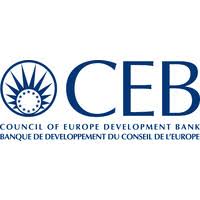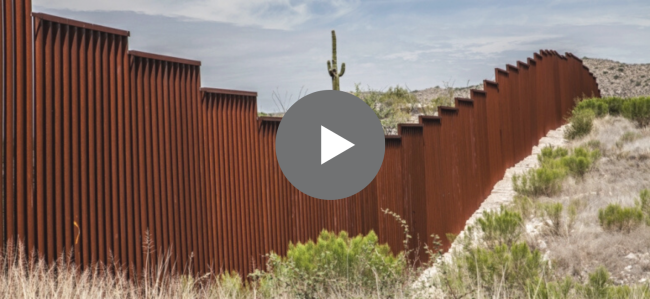

Why do migrants still leave northern France to head to UK?
Migrants who head to the United Kingdom often see it less as a panacea than a last-ditch means-to-an-end, according to Matthieu Tardis, an expert in migration policy at the French Institute of International Relations (IFRI).
Immigration in the EU and the US: Comparing Border Policies
Both in the US and in Europe, border control has become one central component of immigration and asylum policies with seemingly the same objective: preventing irregular entries of migrants and refugees. This trend has accelerated in recent years, with ever stricter border controls, more detention of migrants and refugees, the use of the notion of “safe third country” and partnerships with third countries, some of which now play a pivotal role in controlling the borders of their US and European neighbors, such as Turkey and Mexico.
What are the differences and similarities in the policies implemented in the EU and the US? What is their impact on the fundamental rights of migrants and refugees? In both contexts, what relative weight is given to the rights of migrants and refugees on the one hand, and to border enforcement measures on the other? Finally, what long-term consequences will the COVID-19 crisis have on border policies in both cases?
EU border crisis : an interview with Matthieu Tardis
Matthieu Tardis, Research Fellow at the Center for Migration and Citizenship spoke about the European Union's migration policy and the crisis at the Turkish-Greek border on Euronews's program, Now.


“It is Easier to Change Your Mind in Small Communities” – Resettling Refugees in Rural Areas in France
Smaller municipalities and rural areas can be places where refugees are welcomed and where they can integrate more easily. People living in rural areas are very proud of their towns and often make an effort to mobilize and include newcomers in their communities.


Integrating refugees: are small towns inventing a model for tomorrow?
Matthieu Tardis, Research Fellow at the Centre for Migration and Citizenship at the French Institute for International Relations (Ifri), describes how small towns and rural areas are welcoming refugees and enabling them to settle.
Migration in Eastern Africa: Regional Challenge, Global Issue
An interview with Jeffrey LABOVITZ, International Organization for Migration (IOM) Nairobi Regional Director


Germany - between 'welcome culture' and the outbursts of xenophobia
The 3rd of October is a national holiday celebrating German unity since 1990. What has the mass arrival of migrants these past years revealed about German society?


Juncker, the optimist
The president of the European Commission about security, investment and assistance in Africa. According to Hans Stark, Jean-Claude Juncker didn't beat around the bush and instead of going too far in self-chastisement he tried to give hope to European citizens.


How the migrant crisis has brought Germany to a 'historical turning point'
As Germany agrees a plan with Turkey to ease the refugee crisis, political analyst Barbara Kunz says both migration and integration are the major issues for ordinary Germans, with the country at a "decisive turning point in its history". She spoke with RFI's Sarah Elzas.


German Anti-Migrant March Draws Thousands
Supporters of Germany's anti-immigration Pegida movement were back on the streets of Dresden Monday to protest against the government's plans to take in refugees.
Support independent French research
Ifri, a foundation recognized as being of public utility, relies largely on private donors – companies and individuals – to guarantee its sustainability and intellectual independence. Through their funding, donors help maintain the Institute's position among the world's leading think tanks. By benefiting from an internationally recognized network and expertise, donors refine their understanding of geopolitical risk and its consequences on global politics and the economy. In 2025, Ifri supports more than 80 French and foreign companies and organizations.







